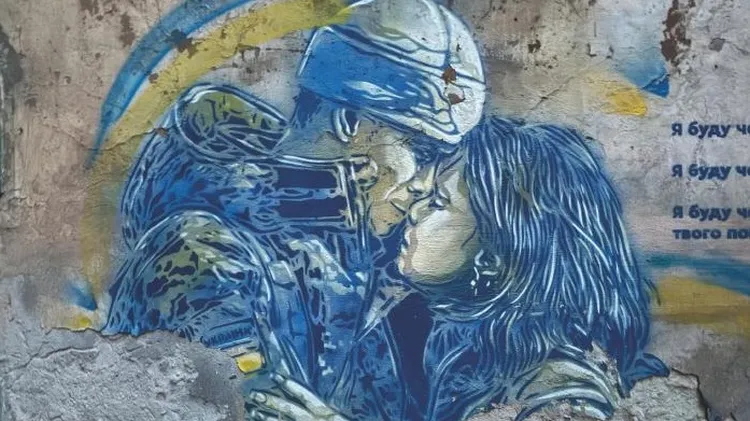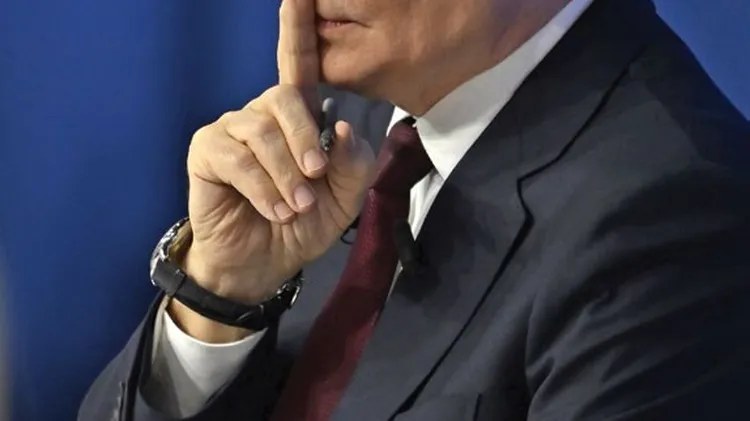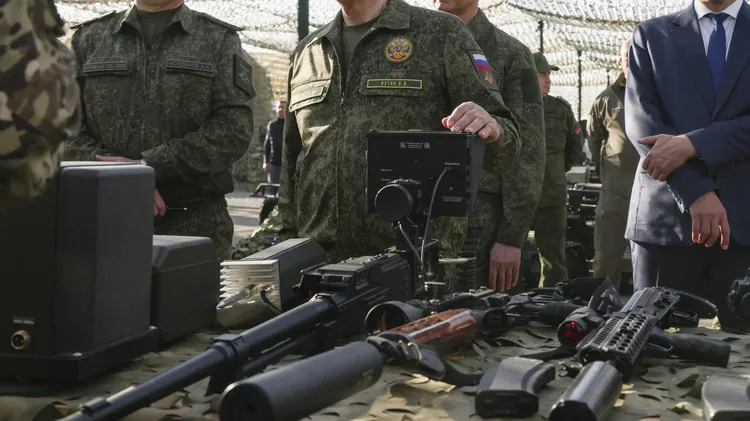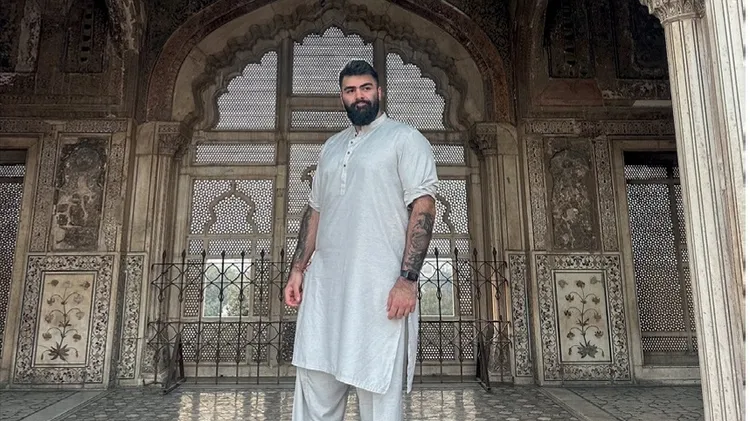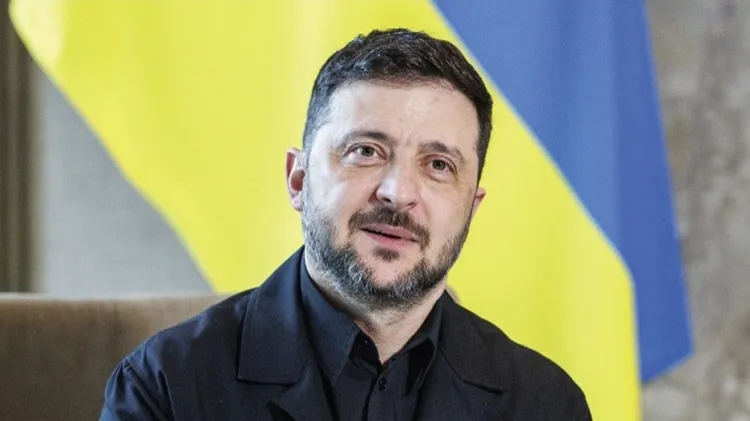Years before Putin’s troops first fired on Ukraine, Russia began an ideo
In the line of fire
8 min read
This article is from...
Read this article and 8000+ more magazines and newspapers on Readly

